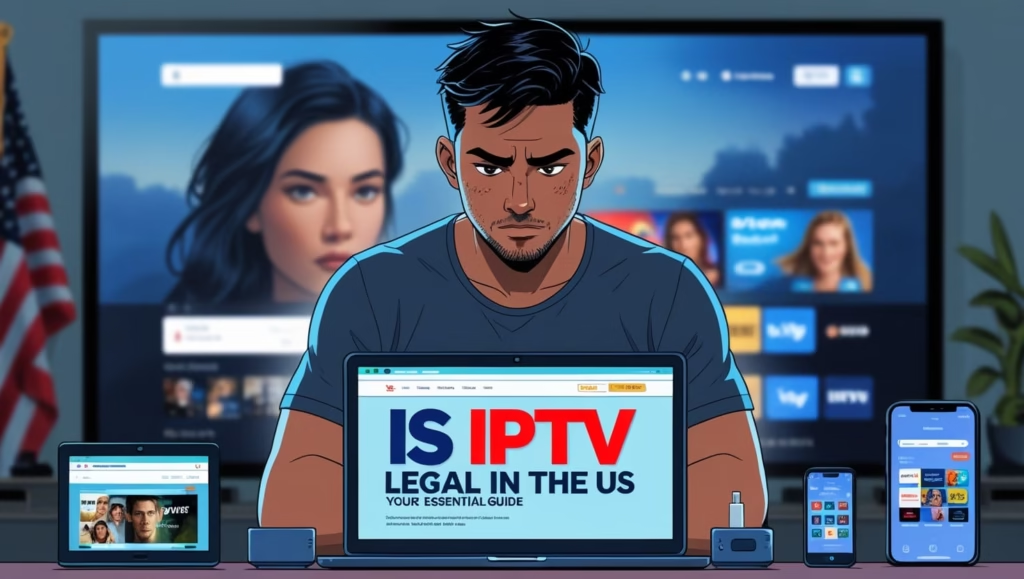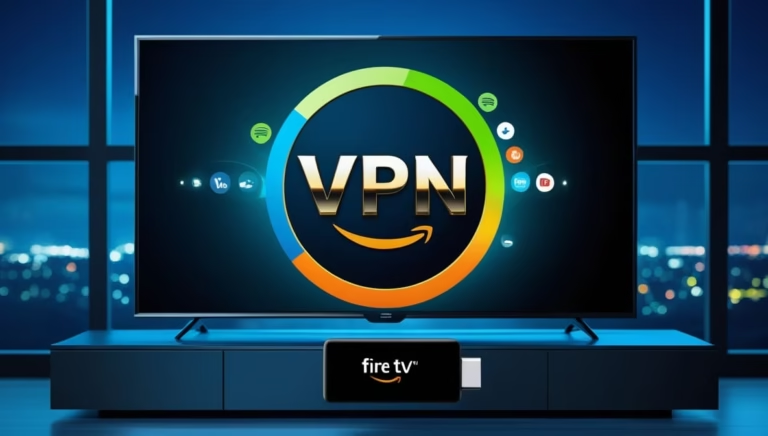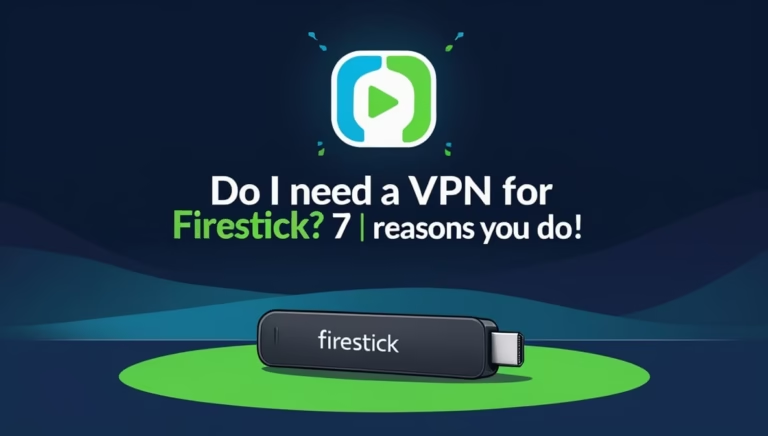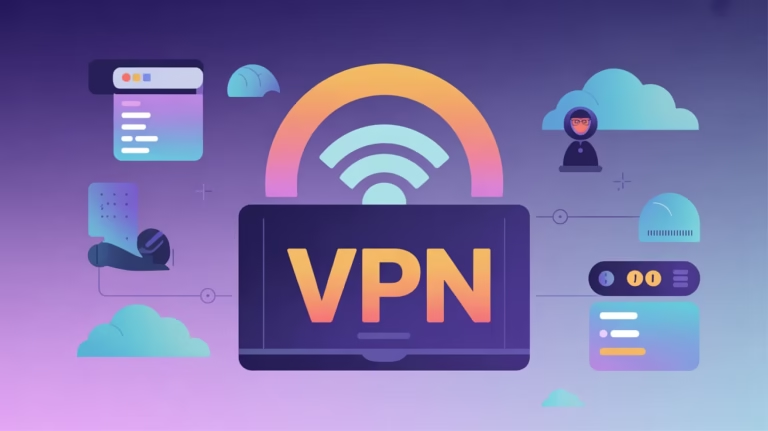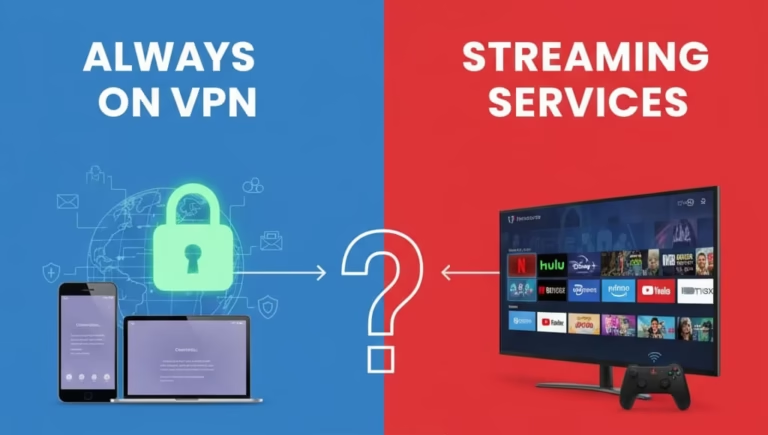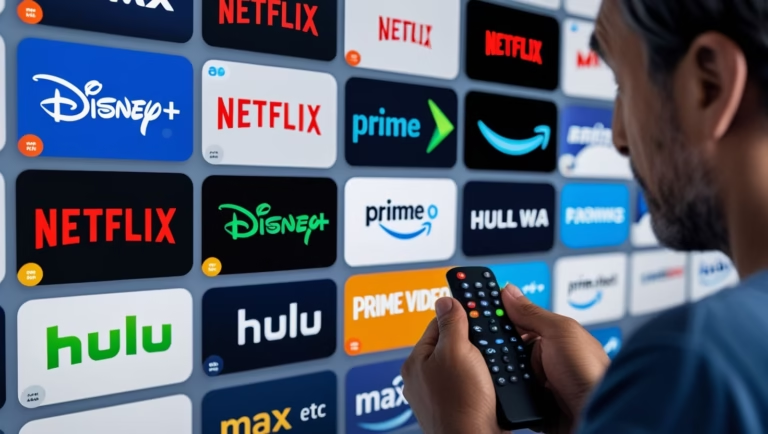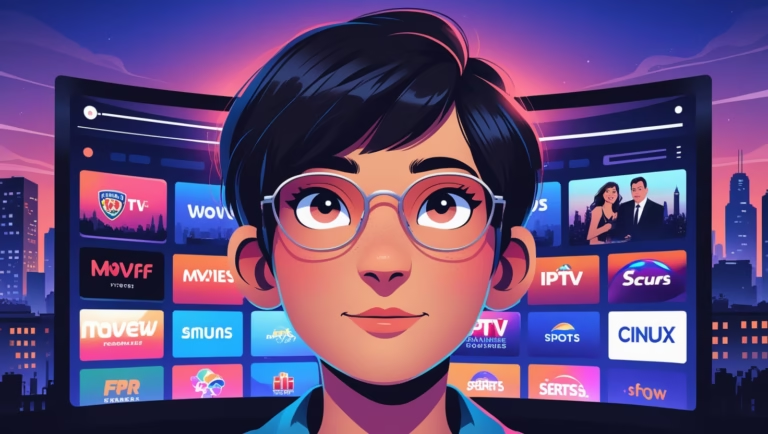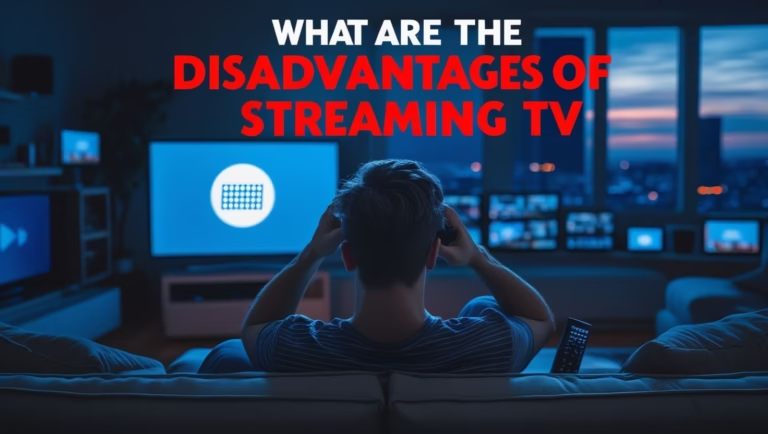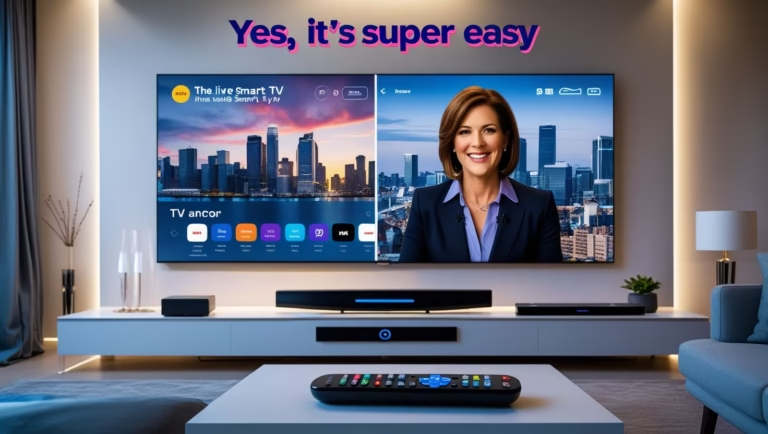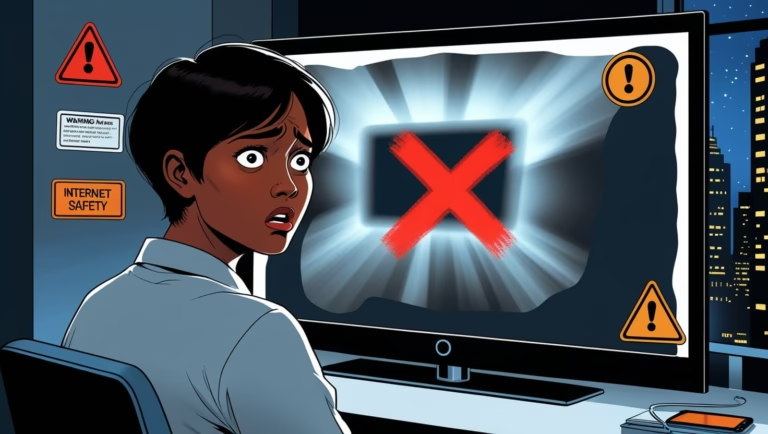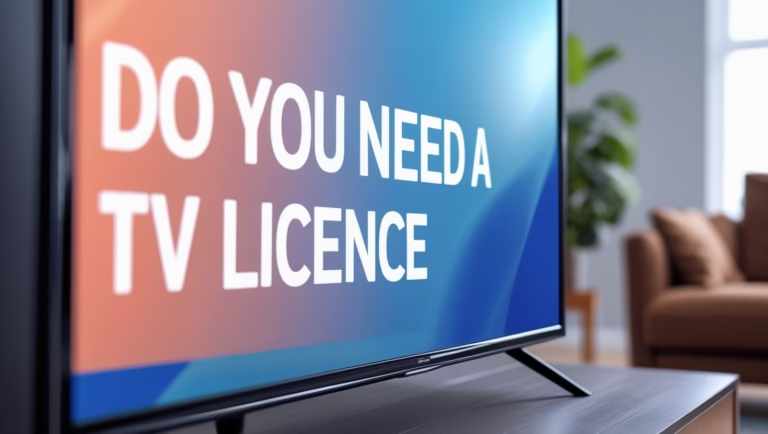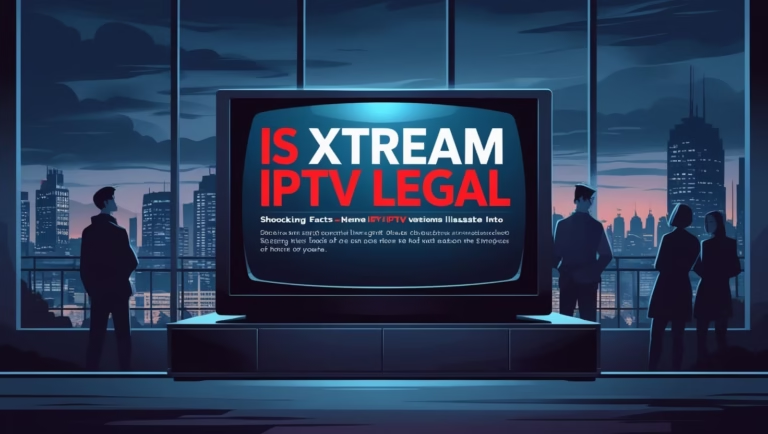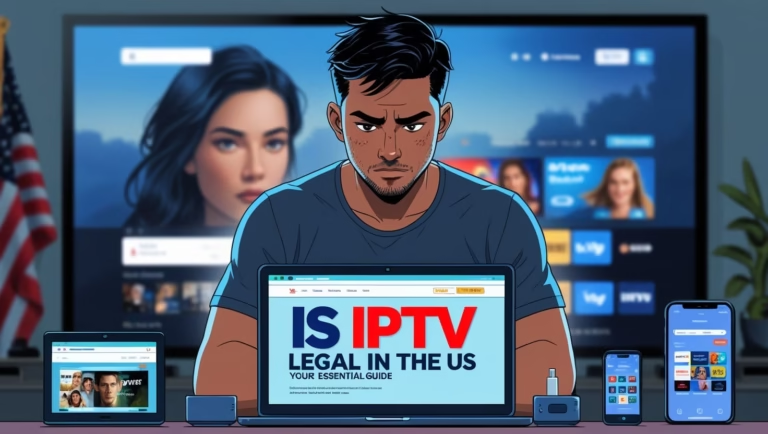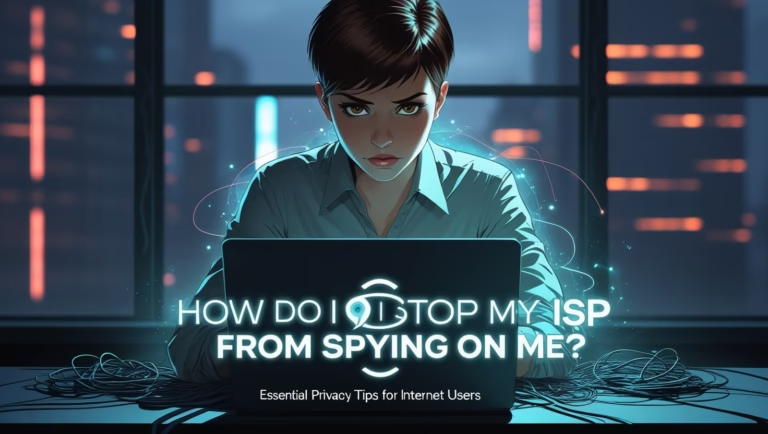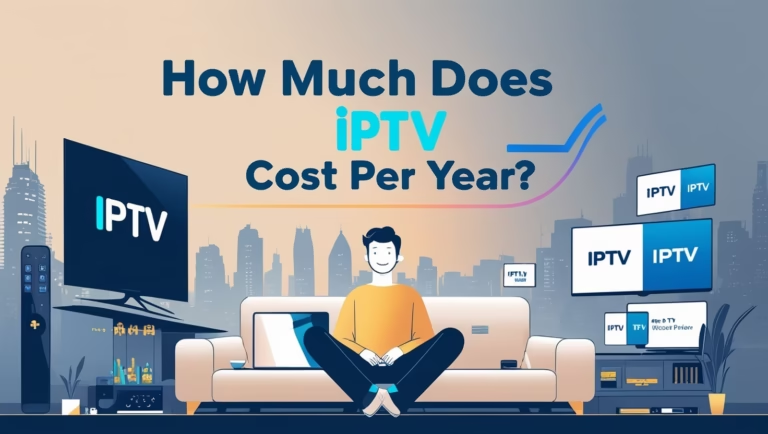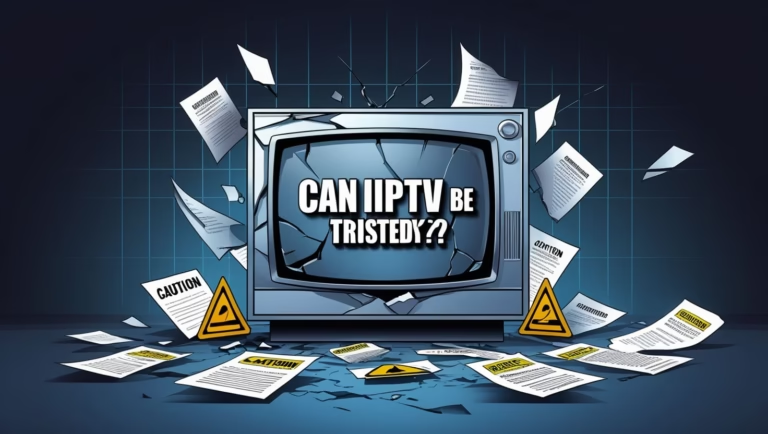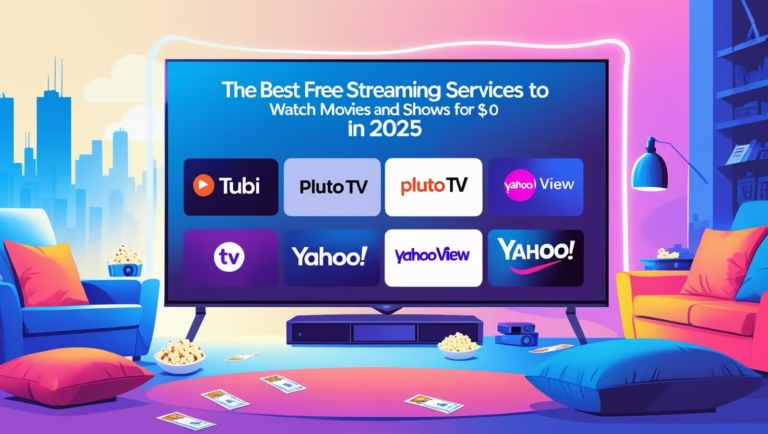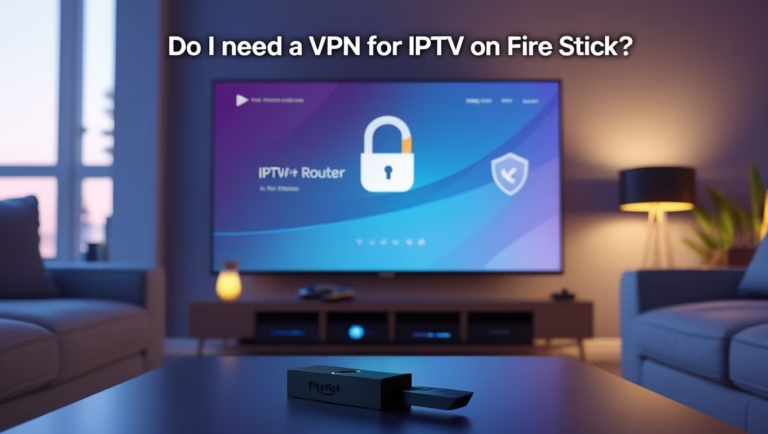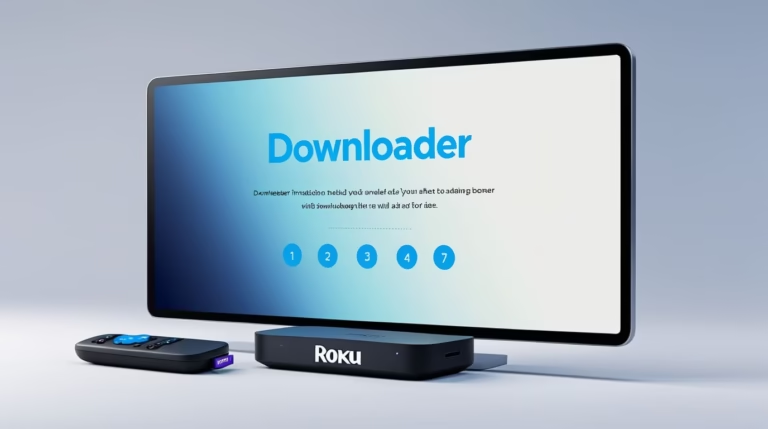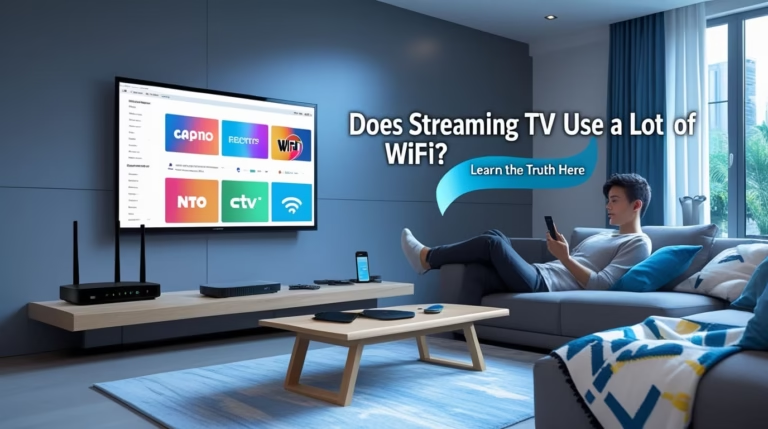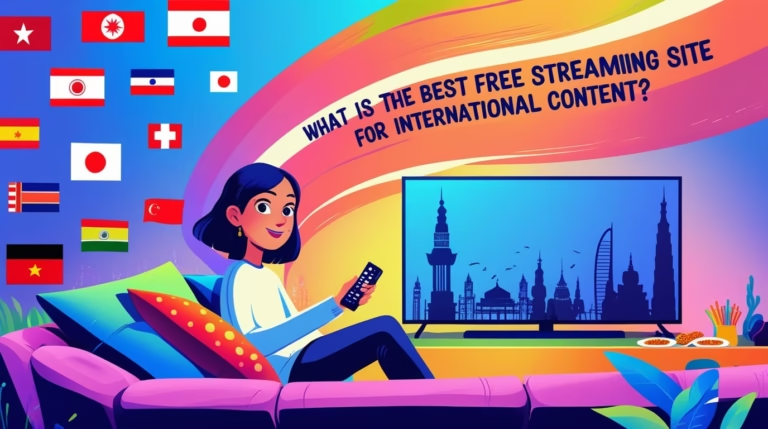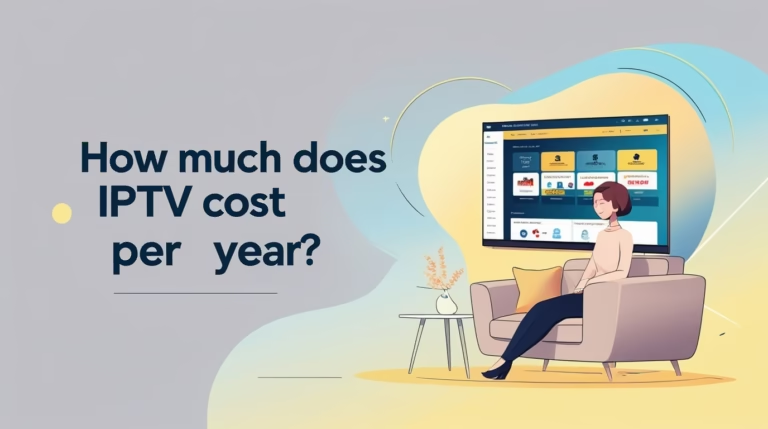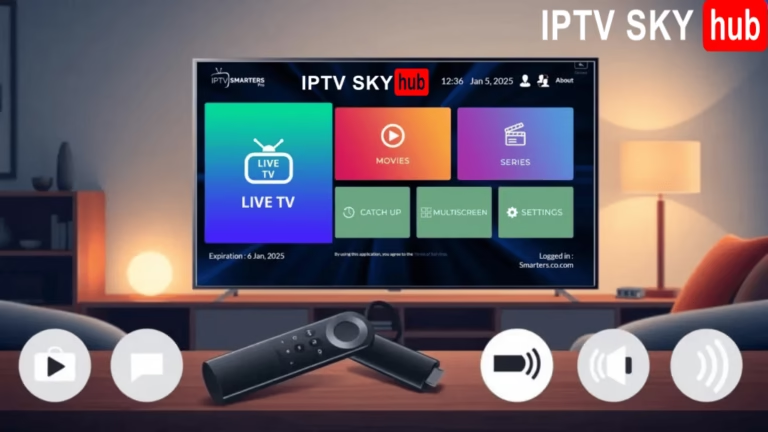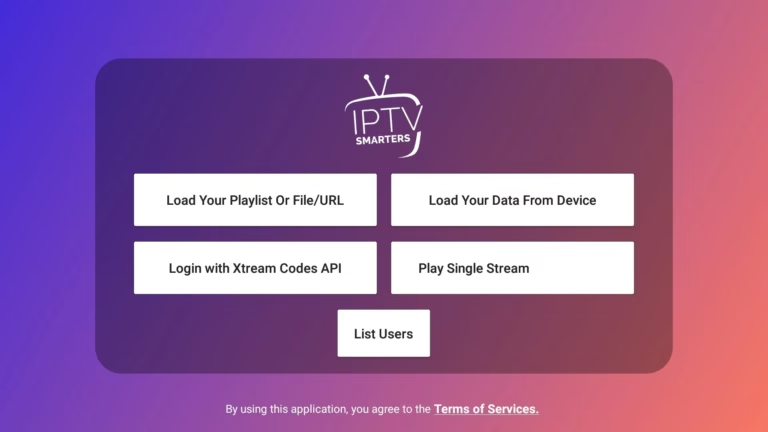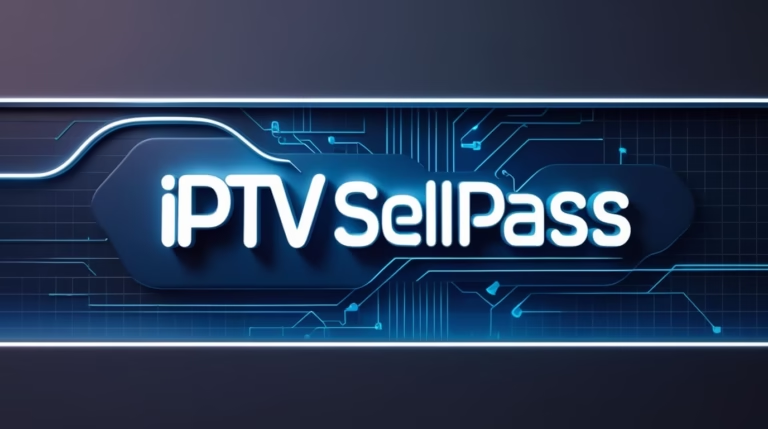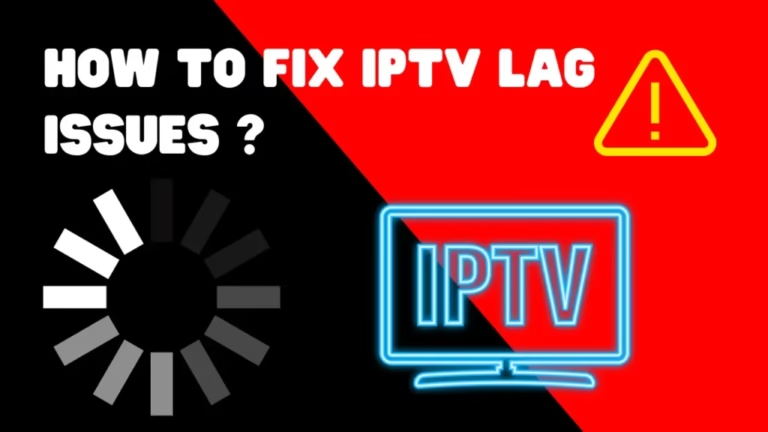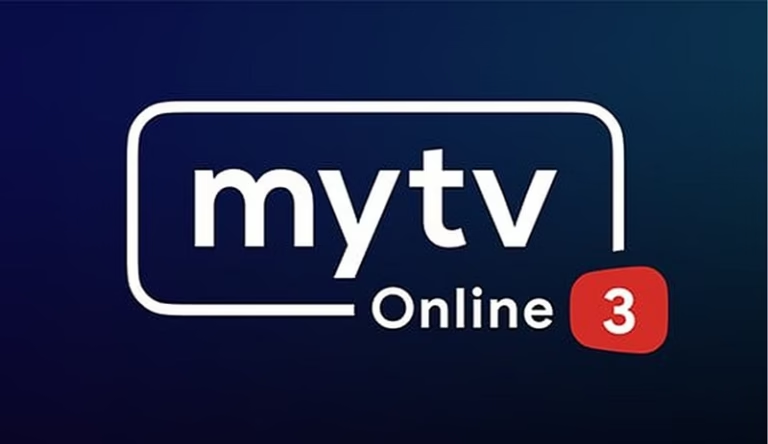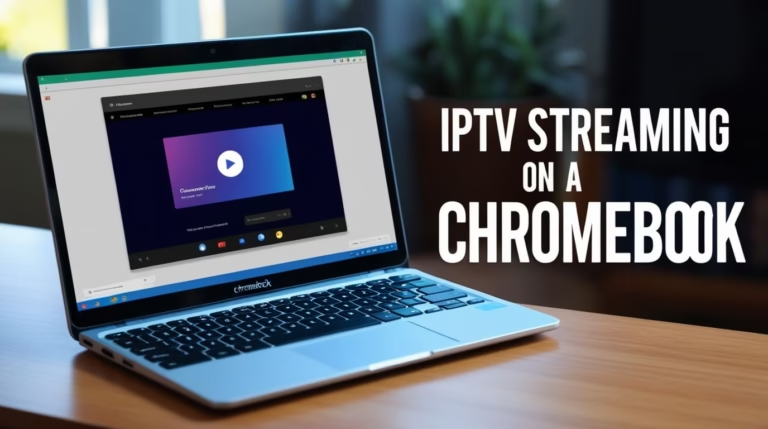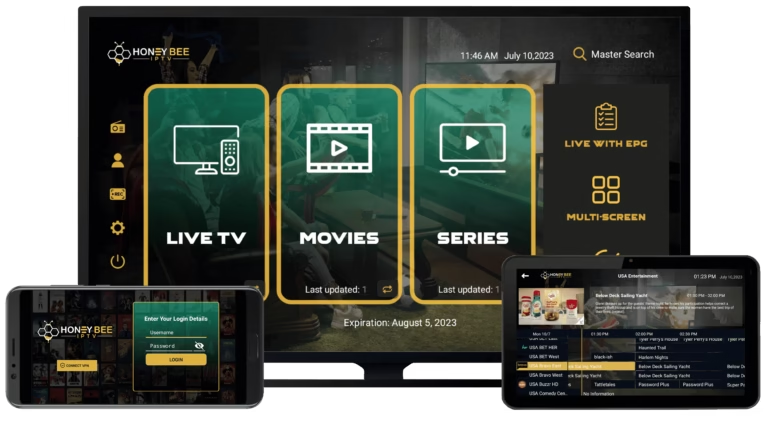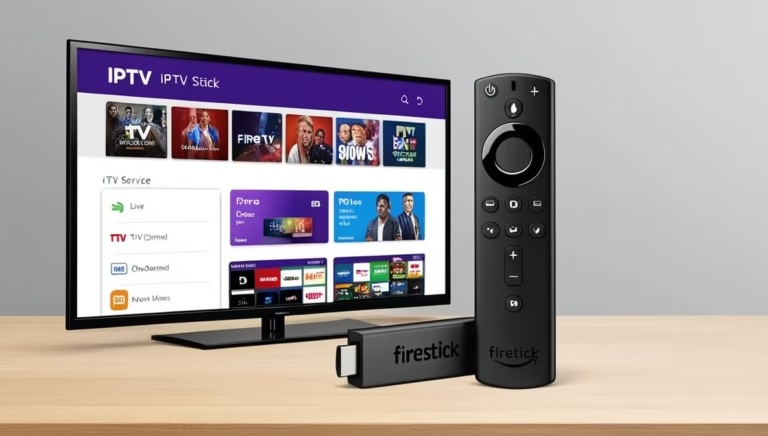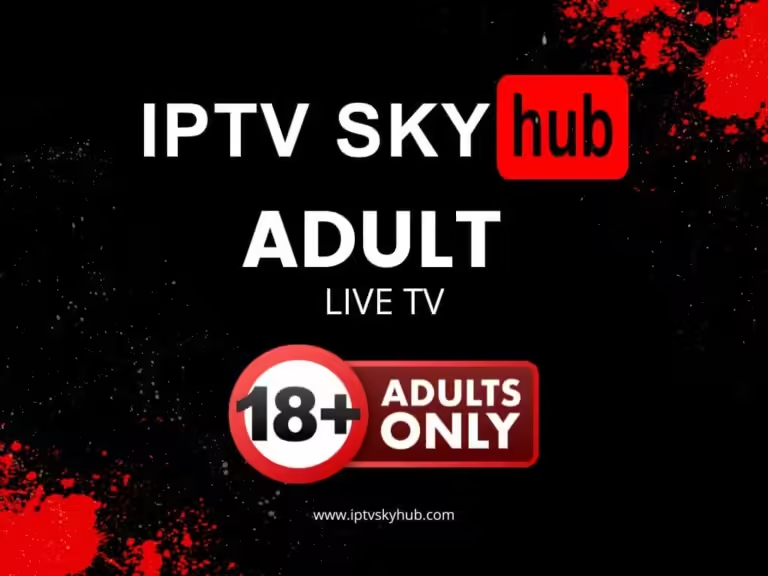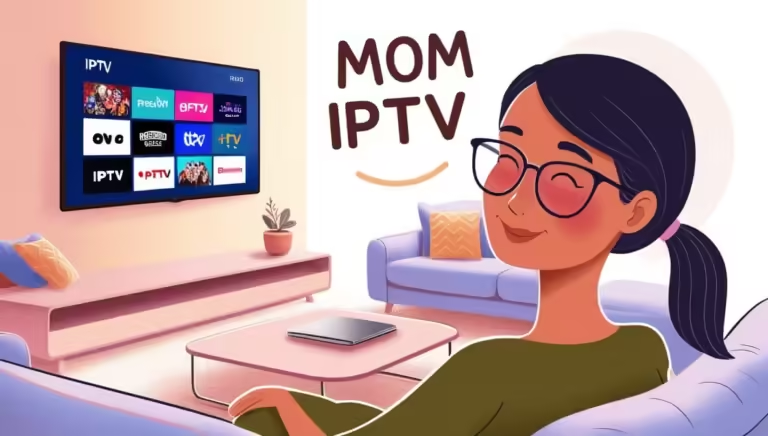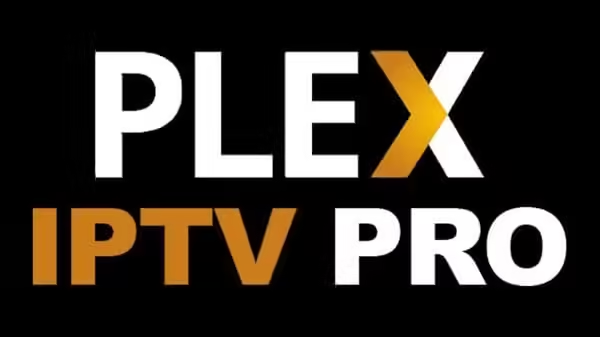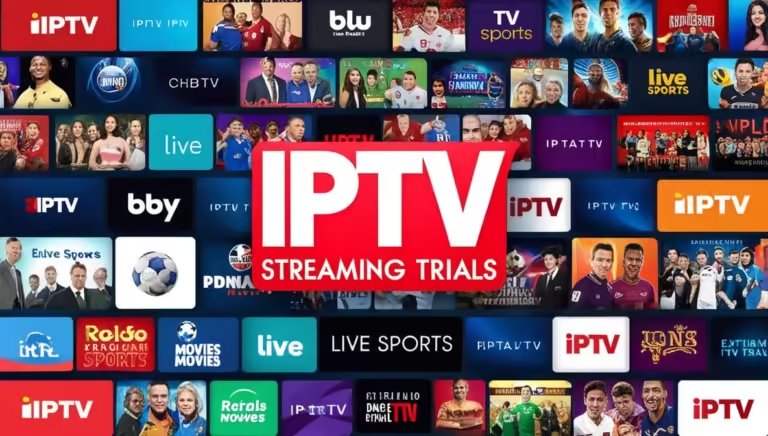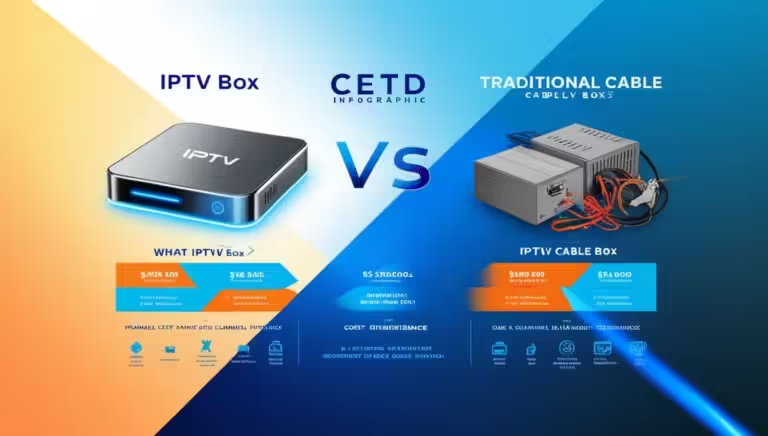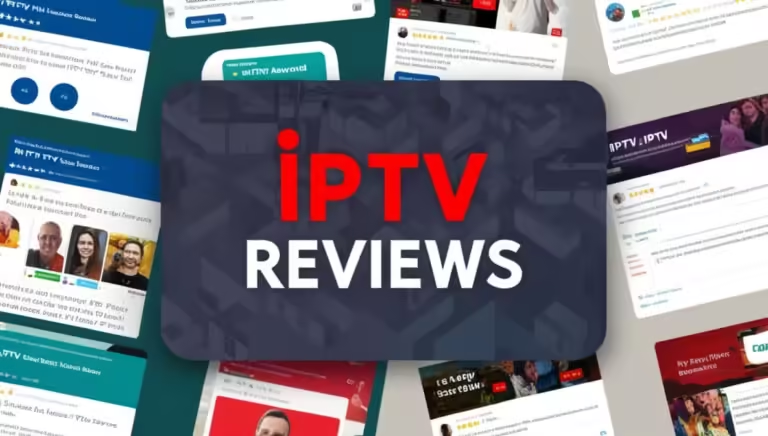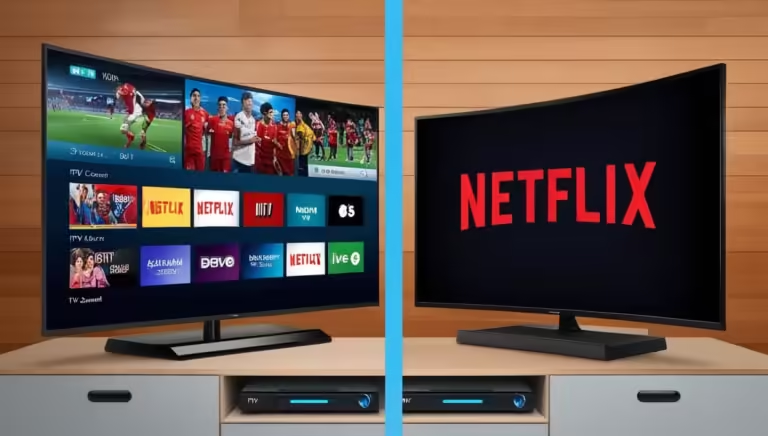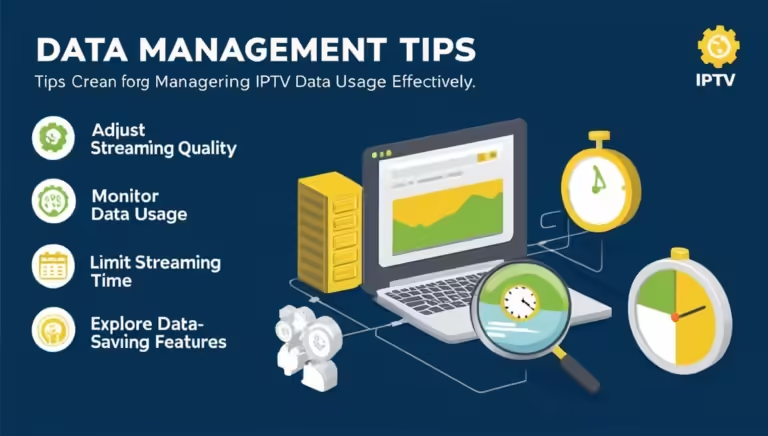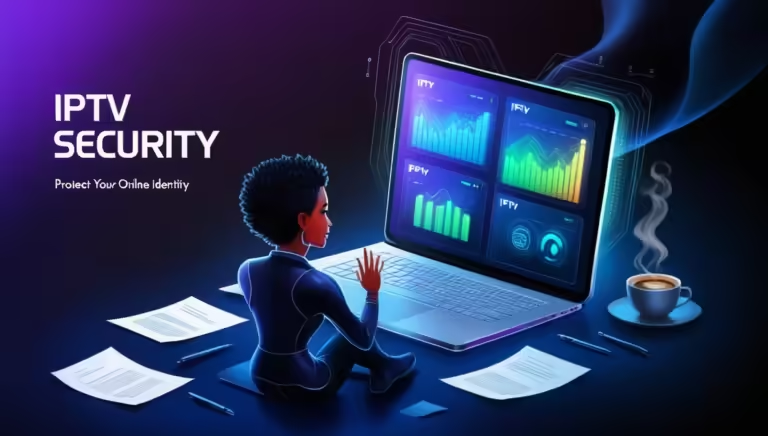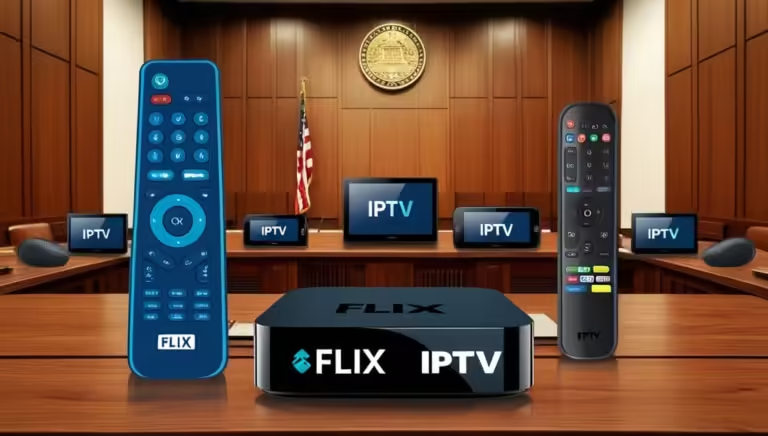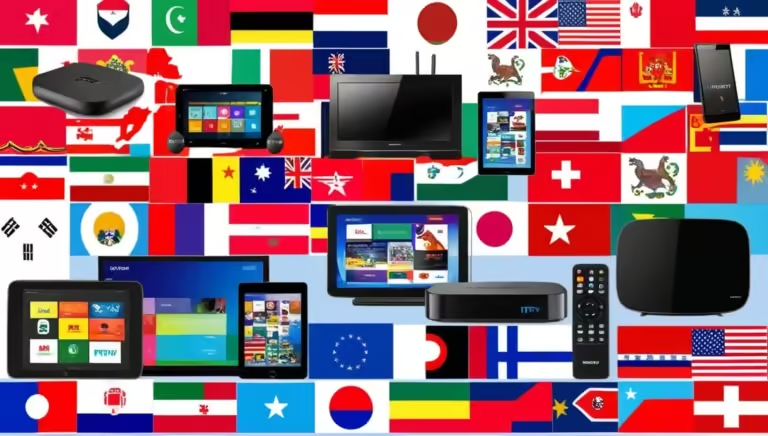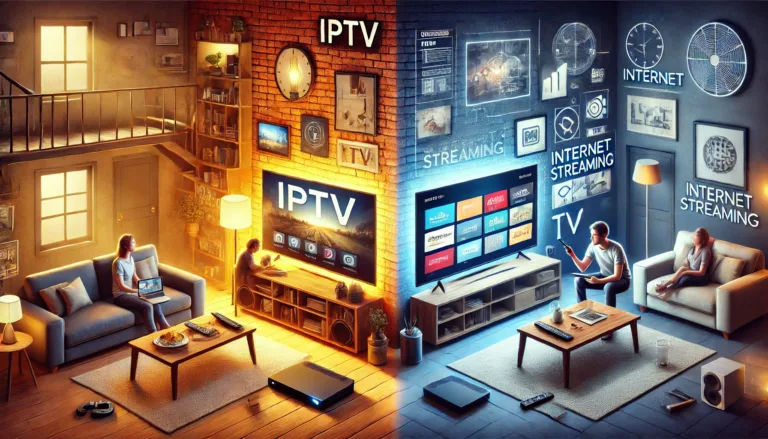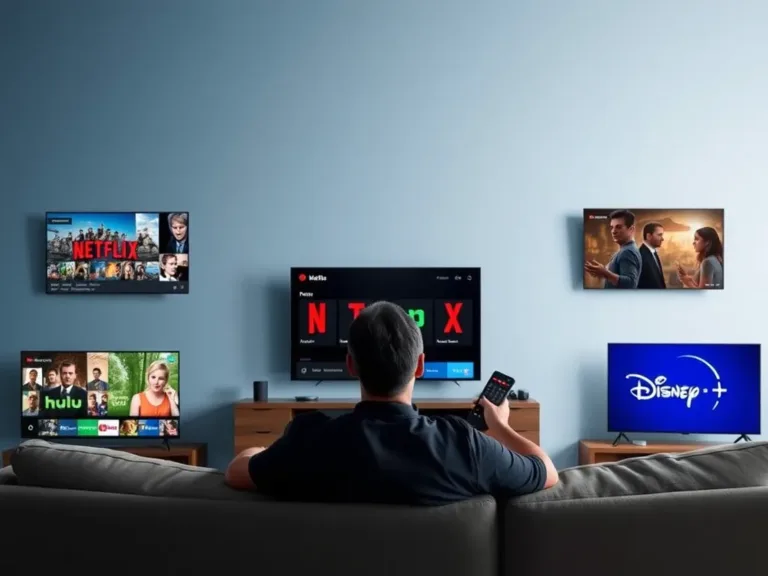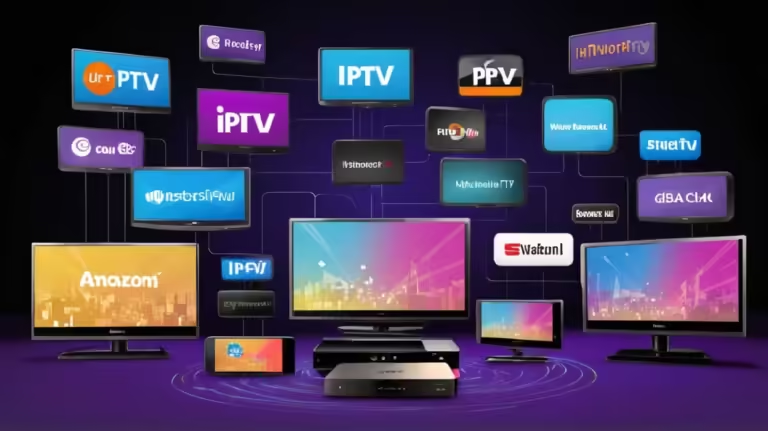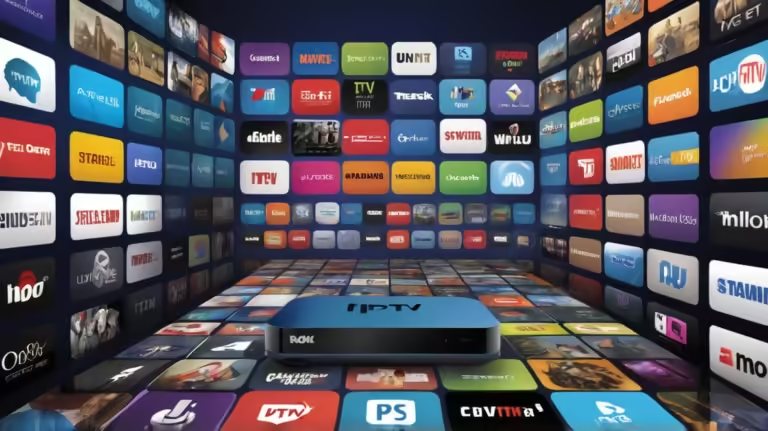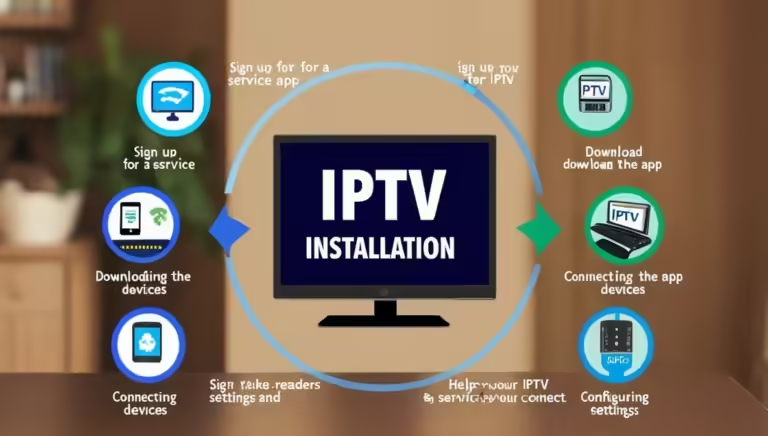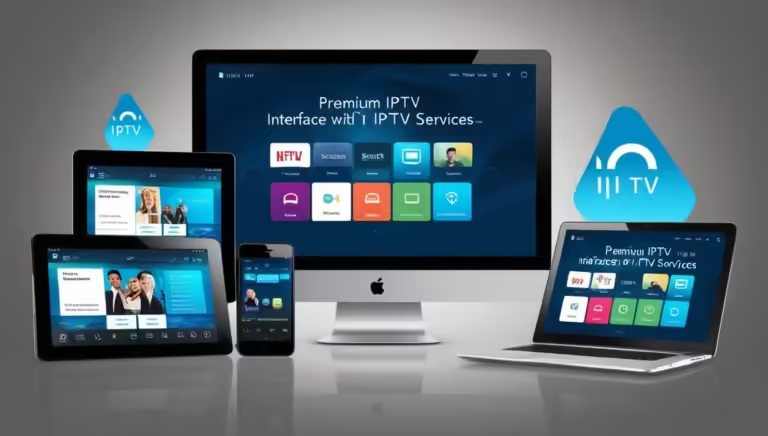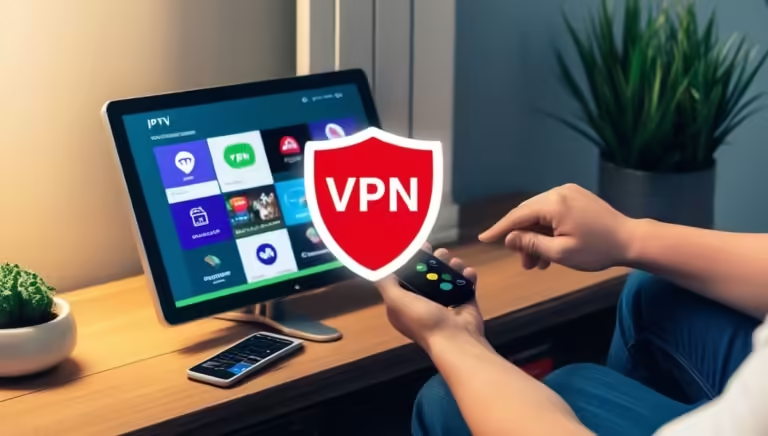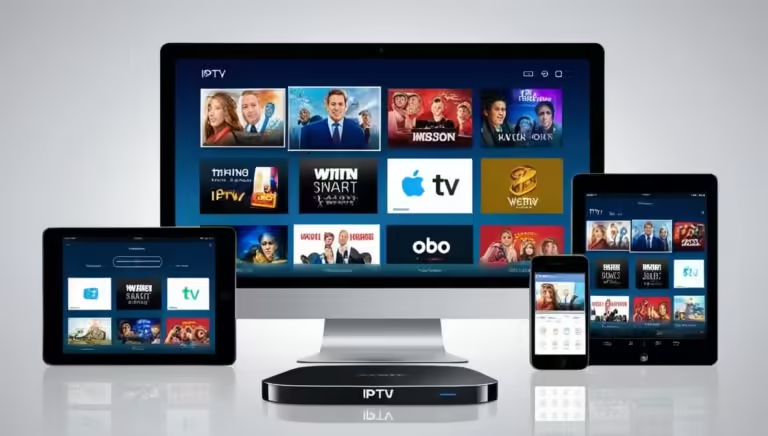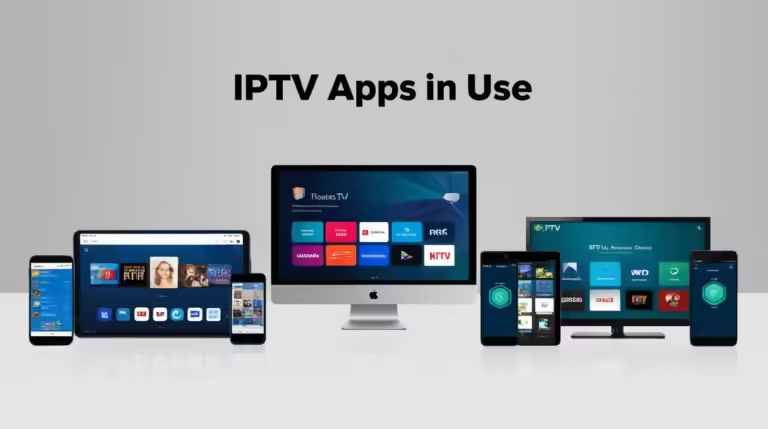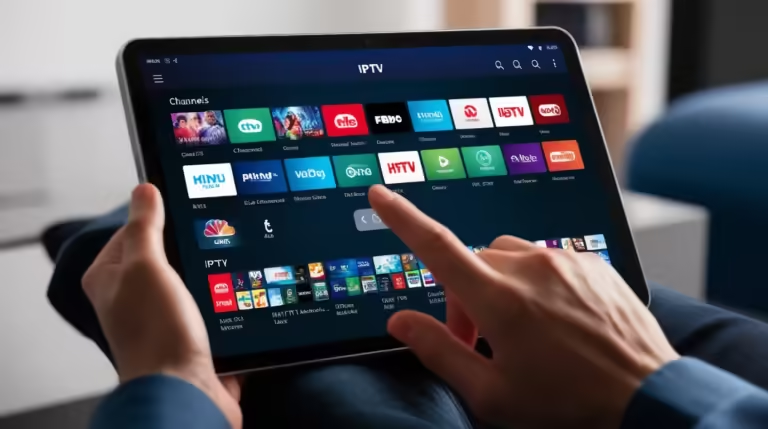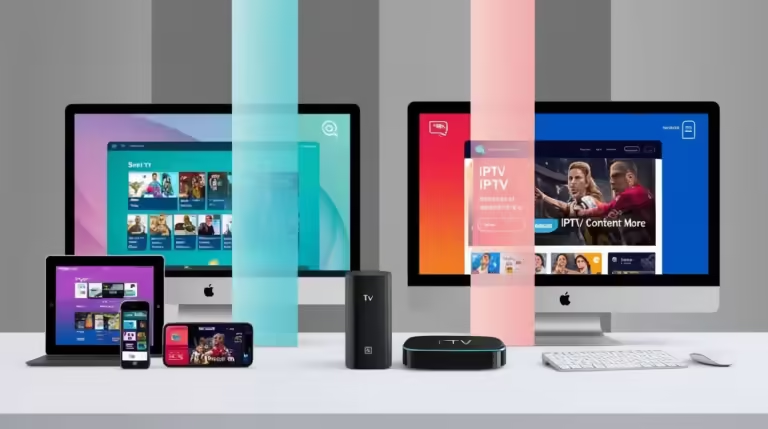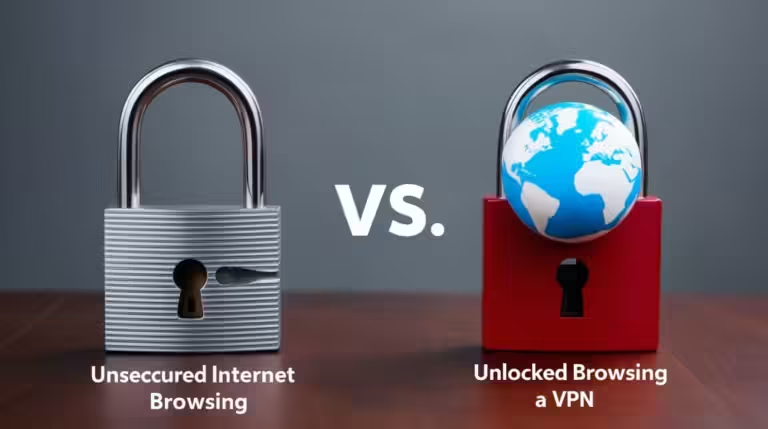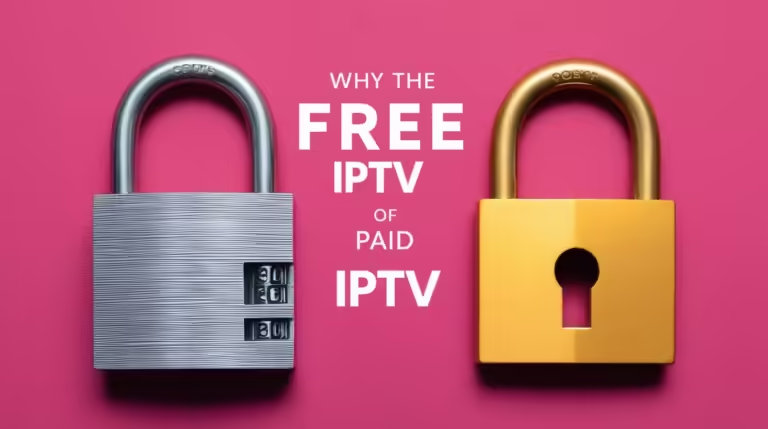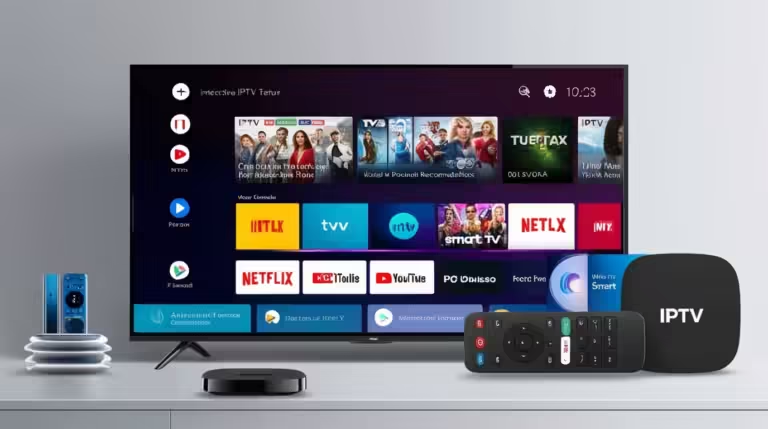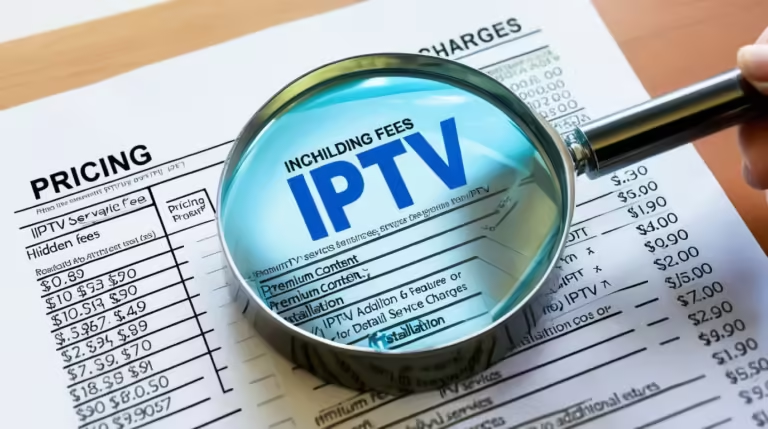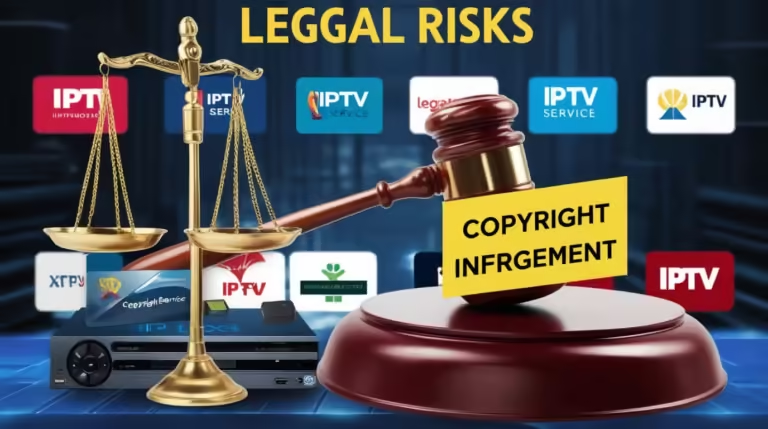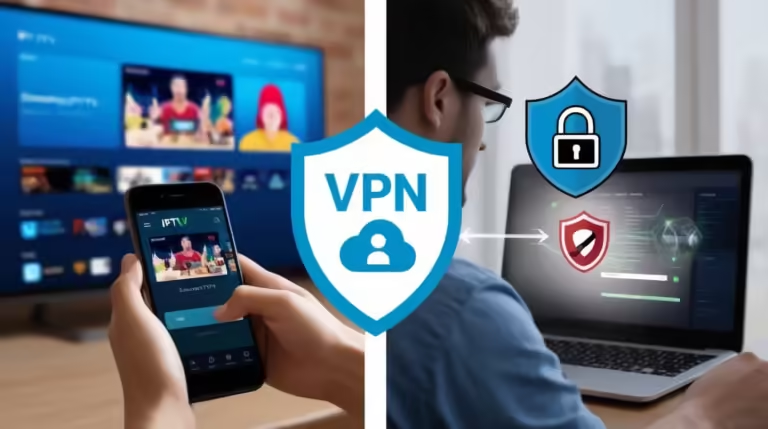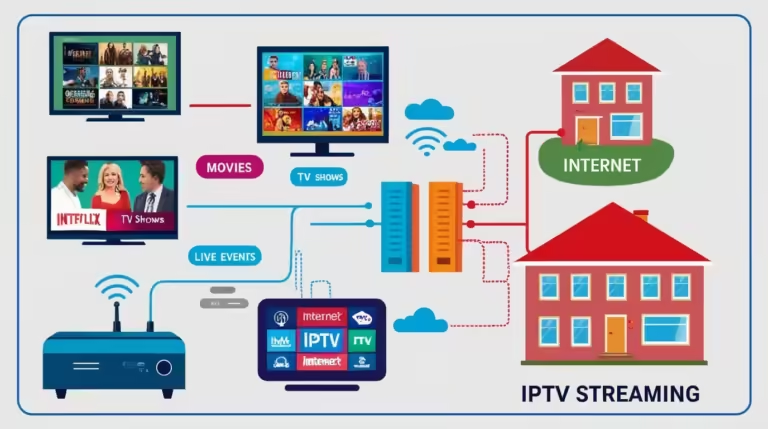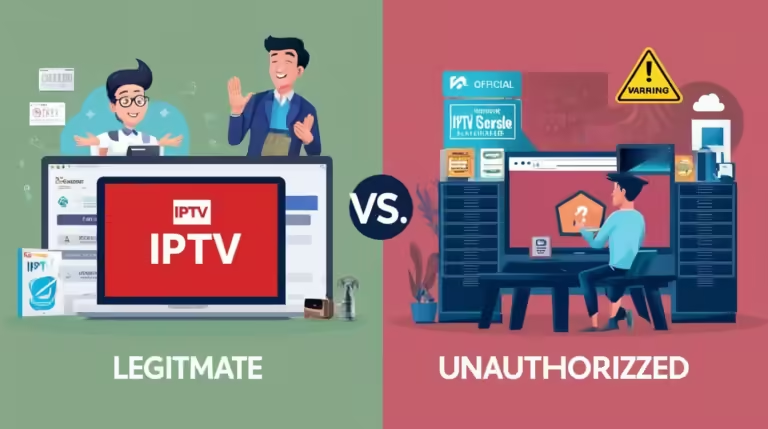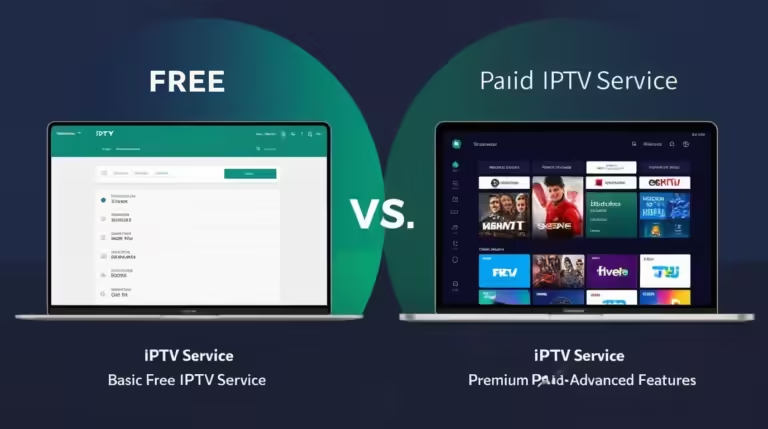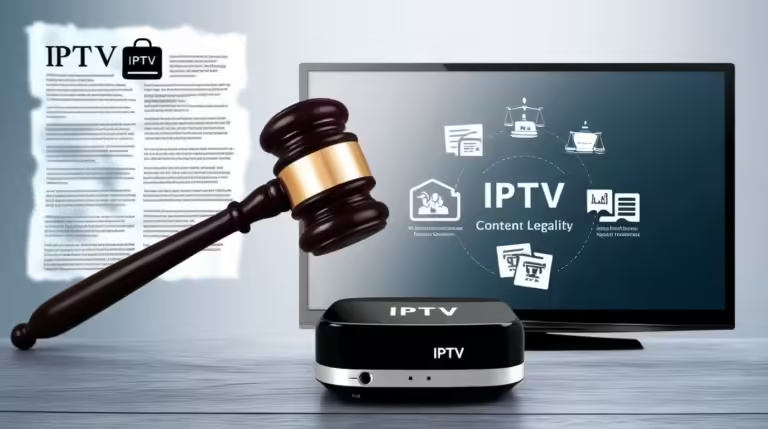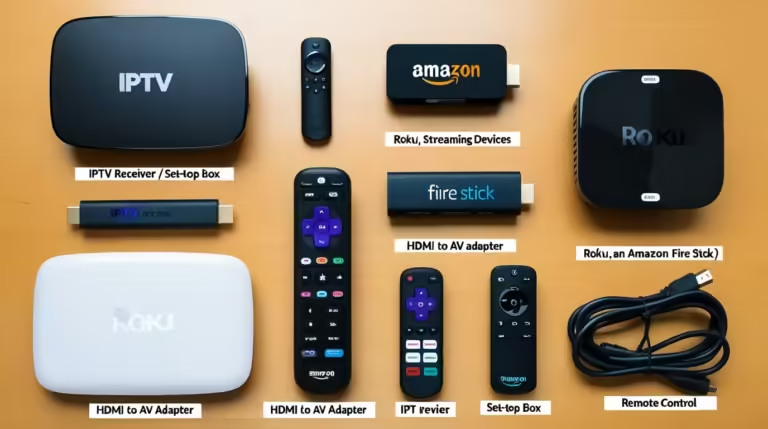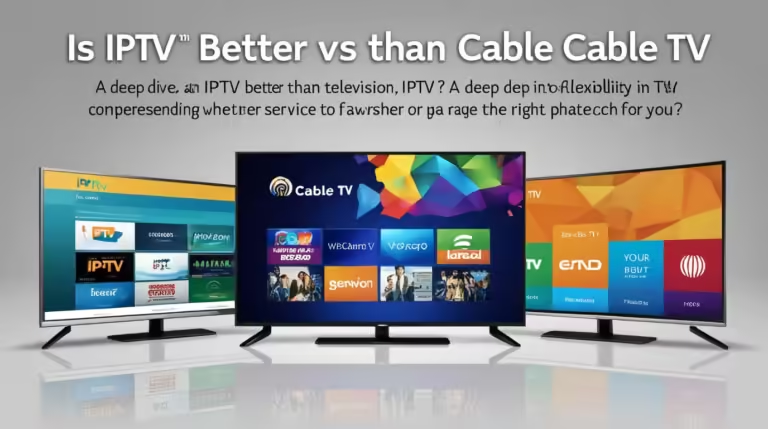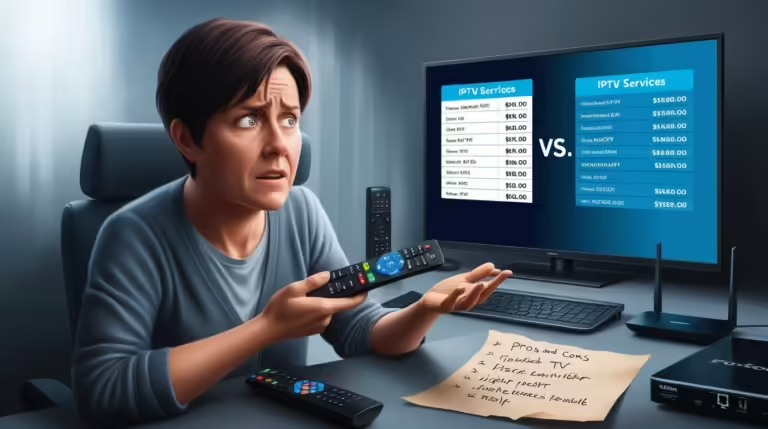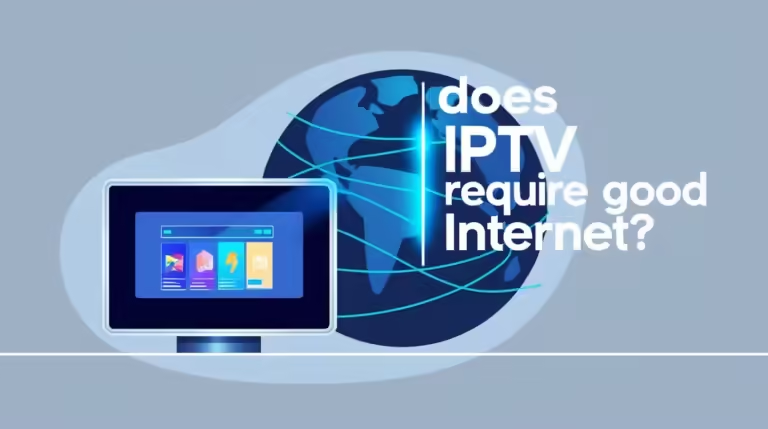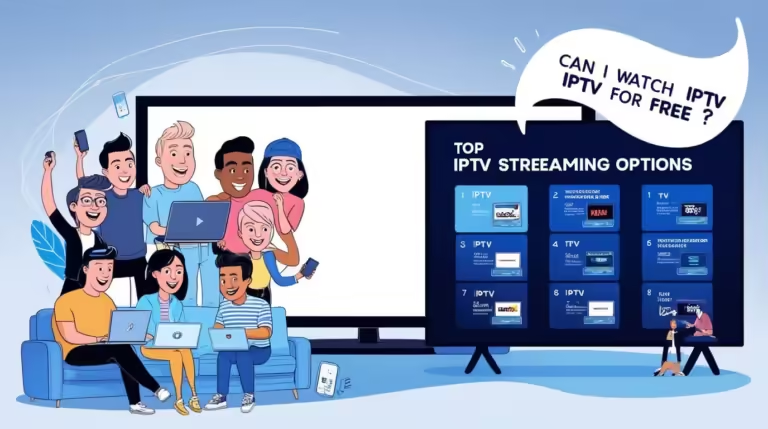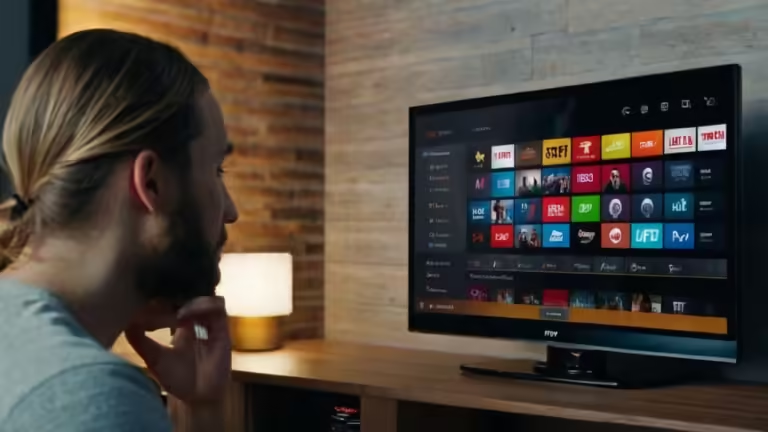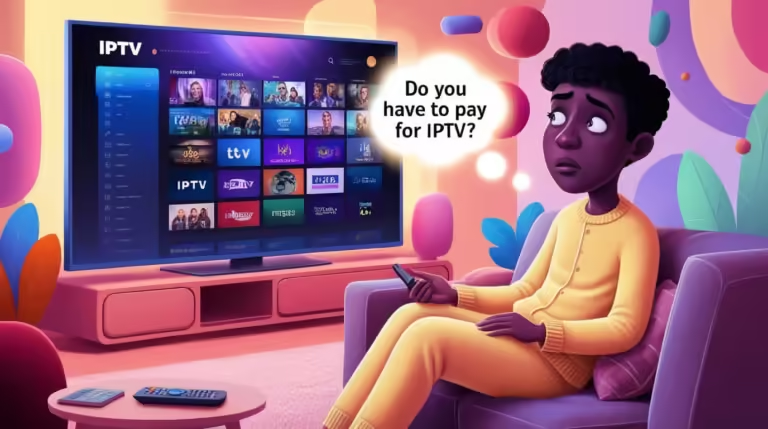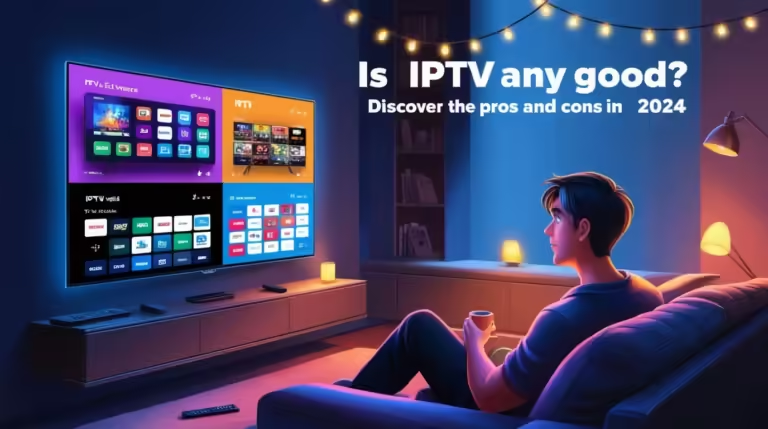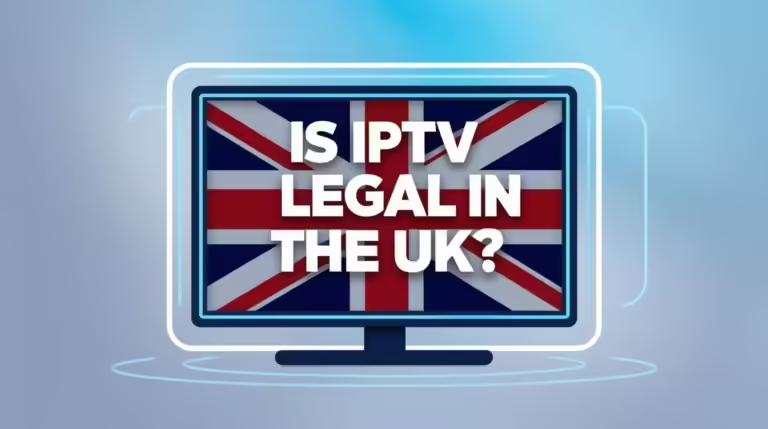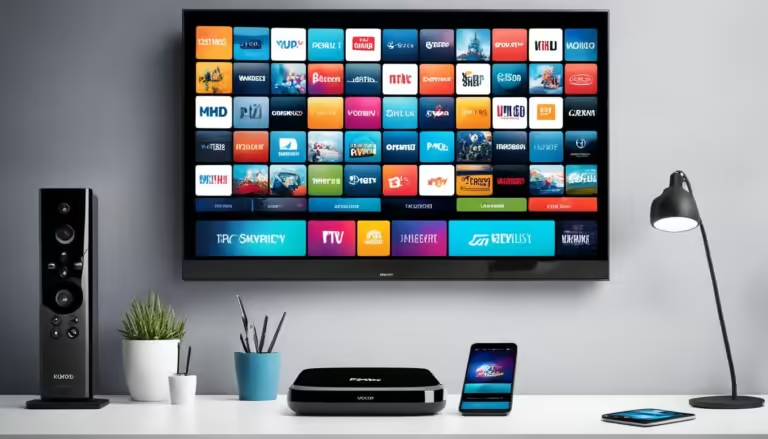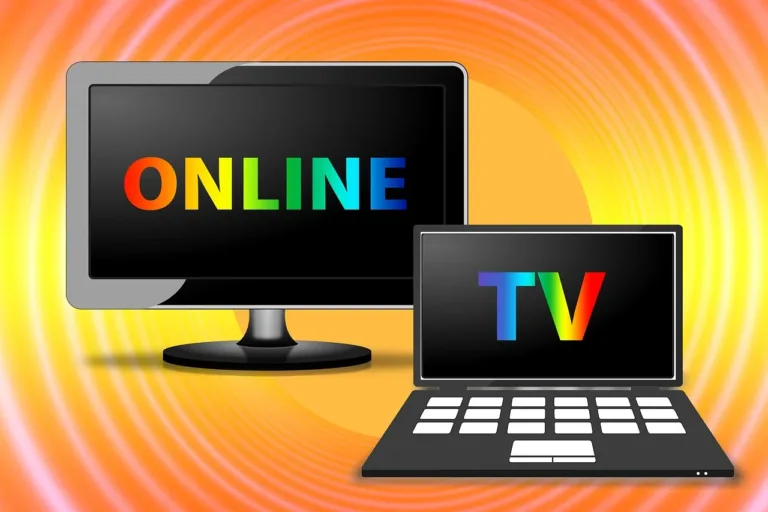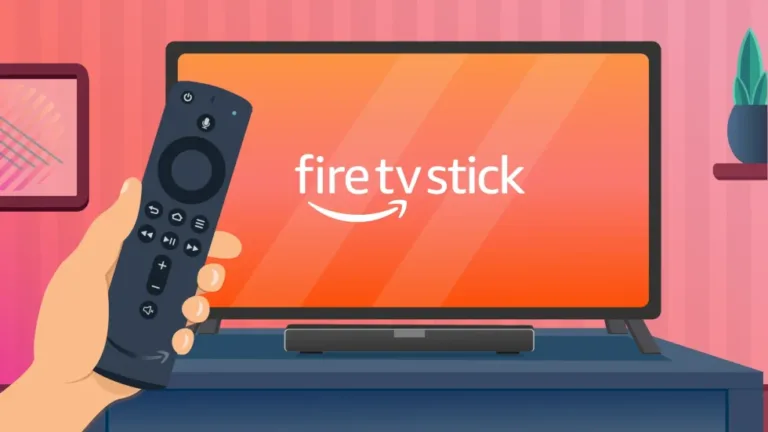The rise of Internet Protocol Television (IPTV) has transformed how millions of Americans consume entertainment, from live TV and sports to on-demand movies and international programming. But with its rapid growth, a common and critical question arises: Is IPTV legal in the US? As streaming platforms multiply and third-party services emerge offering thousands of channels at a fraction of the cost of traditional cable, understanding the legality behind IPTV becomes essential for consumers.
This comprehensive guide explores the legality of IPTV services in the United States. We’ll delve into federal laws that govern digital streaming, identify the distinctions between legitimate and unauthorized IPTV providers, and equip you with tools to identify potentially illegal services. If you’re asking “Is IPTV legal in the US?” — you’re in the right place.
Table of Contents
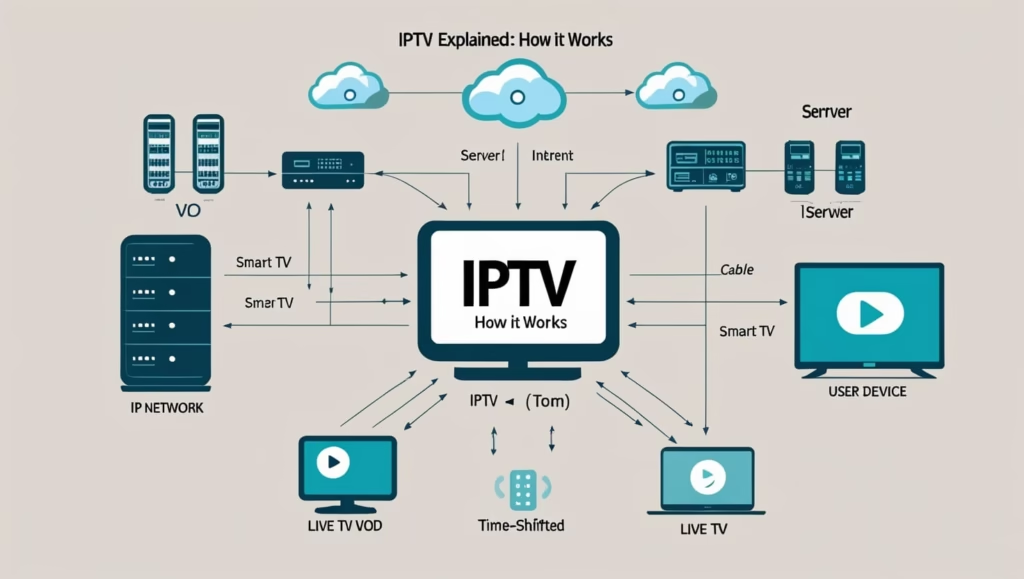
Is IPTV Legal in the US? Understanding the Basics of Internet Protocol Television
IPTV, or Internet Protocol Television, refers to the delivery of television content over internet networks instead of through traditional terrestrial, satellite, or cable formats. Unlike standard broadcast systems, IPTV delivers content on-demand or live via IP networks, making it highly flexible and increasingly popular.
How IPTV Works
IPTV services transmit content using packet-switched networks. These packets are then decoded by the user’s device — such as a smart TV, smartphone, tablet, or IPTV set-top box — allowing viewers to stream content in real time or from a stored library.
There are three main types of IPTV:
- Live Television – Real-time broadcasts (similar to cable/satellite).
- Time-Shifted Media – Content like catch-up TV (e.g., watching yesterday’s news today).
- Video on Demand (VOD) – Pre-recorded content that can be watched at any time.
Growth of IPTV
The IPTV industry in the U.S. has seen explosive growth, largely driven by cord-cutting trends and the demand for flexible, affordable viewing options. However, this growth has also led to an increase in unlicensed services that operate outside of copyright regulations — prompting the central question: Is IPTV legal in the US?
The answer is: It depends on the provider and the legality of the content they deliver. To clarify that, we’ll look into the specific laws involved.
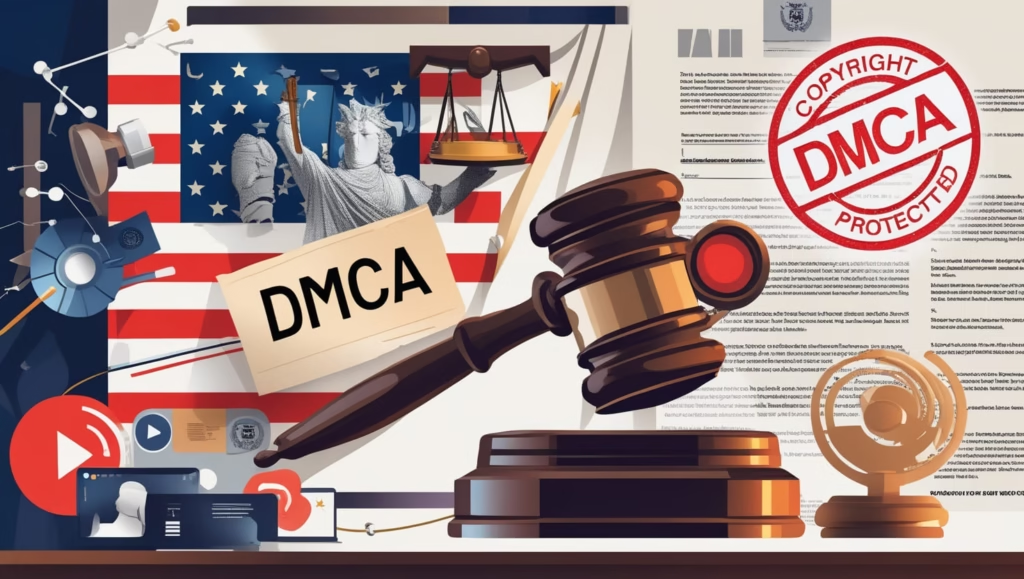
Is IPTV Legal in the US? Key Federal Laws That Govern Streaming Services
To understand the legal framework surrounding IPTV, it’s important to examine the primary U.S. federal laws that apply to internet-based content distribution. These laws are designed to protect copyright holders, ensure consumer rights, and maintain the integrity of digital broadcasting systems.
Key Laws Governing IPTV Legality
1. Digital Millennium Copyright Act (DMCA)
The DMCA prohibits the unauthorized distribution and reproduction of copyrighted works. Under this act, streaming or redistributing copyrighted content without a proper license is a direct infringement.
- Implication: IPTV providers that offer premium cable or satellite content without a distribution agreement violate the DMCA.
2. Copyright Act of 1976
This foundational copyright law protects the rights of creators and content owners. It gives exclusive rights to reproduce, distribute, and publicly perform copyrighted material.
- Implication: If an IPTV provider broadcasts copyrighted channels without proper licensing, they are committing copyright infringement.
3. Anti-Streaming Piracy Laws (2020 COVID-19 Relief Bill Addition)
As part of the Consolidated Appropriations Act of 2021, the U.S. introduced stricter penalties for large-scale illegal streaming services.
- Implication: Operating a service that primarily provides unauthorized streaming content can now result in felony charges.
Enforcement Agencies
- Federal Communications Commission (FCC) – Regulates communication networks but doesn’t directly police copyright.
- U.S. Department of Justice (DOJ) – Prosecutes criminal copyright infringement cases.
- Homeland Security Investigations (HSI) – Often involved in IPTV piracy crackdowns.
So, is IPTV legal in the US? Yes — but only if the provider complies with these federal laws and has the appropriate licenses.
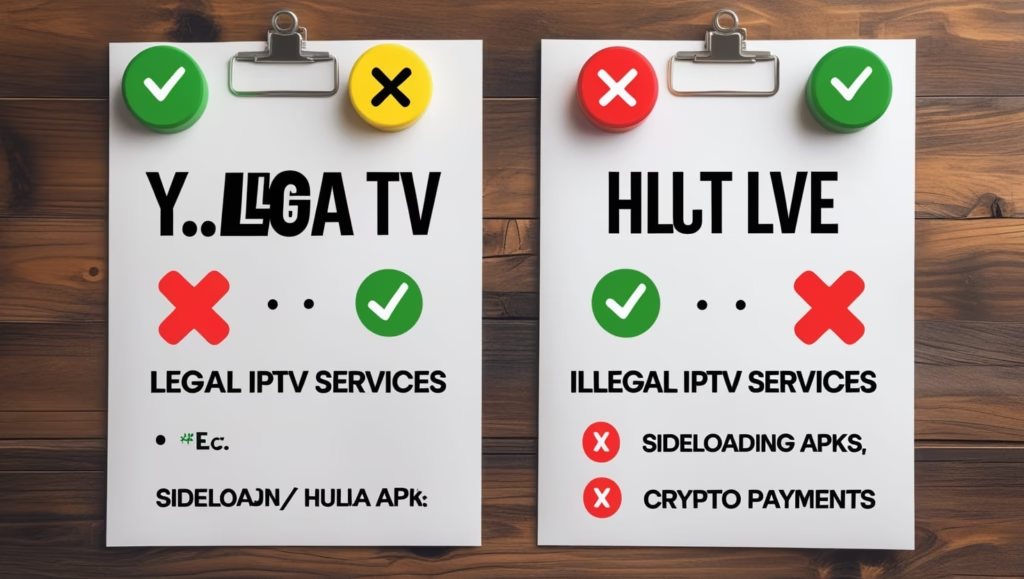
Is IPTV Legal in the US? Differentiating Between Legal and Illegal IPTV Providers
Not all IPTV services are created equal. The line between legitimate and unlawful IPTV providers can sometimes be blurry, especially for the average consumer. Recognizing the difference is crucial to avoid legal trouble and security risks.
What Makes an IPTV Provider Legal?
A legitimate IPTV provider must:
- Have licensing agreements with content owners (e.g., HBO, ESPN, Paramount).
- Comply with copyright laws and offer content within their licensed territory.
- Be listed in app stores like Google Play, Apple Store, Roku, or Amazon Fire (though this alone is not a guarantee).
- Be transparent about pricing, customer support, and content offerings.
Common Examples of Legal IPTV Services
- Hulu + Live TV
- YouTube TV
- Sling TV
- FuboTV
- DirecTV Stream
These platforms operate with proper licensing and follow U.S. copyright law.
Characteristics of Illegal IPTV Providers
An IPTV provider is likely illegal if it:
- Offers thousands of channels including premium sports and movies for suspiciously low prices (e.g., $10/month for full access).
- Provides access to channels without commercials or with ad-skipping that infringes on broadcaster rights.
- Operates via unverified apps, often requiring sideloading APK files.
- Relies on resellers rather than established customer service or company presence.
When asking “Is IPTV legal in the US?” — the legitimacy of the provider is the biggest factor. Always verify before subscribing.
Is IPTV Legal in the US? Red Flags to Spot Illegal IPTV Services
Even tech-savvy consumers can be tricked by illegal IPTV providers. These services often disguise themselves to appear legitimate. Here are common red flags that indicate an IPTV service may not be legal in the United States.
1. Too Good to Be True Pricing
Illegal IPTV services often offer deals that seem too good to be true. For example:
- $9.99/month for thousands of live international and U.S. channels.
- Lifetime access to sports packages like NFL Sunday Ticket or UFC PPVs.
2. No Official Website or Vague Contact Info
Most unlicensed providers operate through encrypted chat groups, resellers, or offshore websites that:
- Don’t include a registered business address.
- Lack refund policies or terms of service.
- Use temporary domain names.
3. Encouragement to Sideload Apps
If you’re instructed to install the app through:
- An APK file.
- A third-party file manager.
- Developer mode on Fire Stick.
…it’s a sign that the app may not meet the requirements of legal app stores.
4. Unusual Payment Methods
Illegal IPTV vendors often avoid credit card or PayPal transactions to reduce traceability. Instead, they ask for:
- Crypto payments (Bitcoin, Litecoin, etc.)
- Gift cards
- Cash App or Venmo
5. No Channel Licensing Information
A legitimate service usually discloses partnerships with content owners. If a provider is vague or evasive about licensing, that’s a red flag.
Remember, the question isn’t just is IPTV legal in the US? — but rather, is this particular IPTV service legal?
Is IPTV Legal in the US? Legal Implications of Using Unverified Apps and Devices
While using an IPTV service might feel harmless, subscribing to an illegal provider can have serious legal consequences.
Legal Risks for Consumers
- Copyright Infringement
- Watching content from unauthorized sources could be seen as copyright infringement, especially if you share access.
- ISP Warnings and Account Termination
- ISPs can monitor traffic and issue warnings. In some cases, they may suspend service or report activity to authorities.
- Fines or Lawsuits
- Some users have been targeted by lawsuits from major content owners seeking compensation for damages.
- Data Privacy Concerns
- Unverified IPTV apps may contain malware, spyware, or phishing tools.
- Device Bricking or Malfunction
- Pirated apps can lead to software corruption or security flaws on your smart TV or media player.
High-Profile Cases
- The DOJ and HSI have shut down dozens of illegal IPTV operations, like Jetflicks and StreamTVNow, and charged operators with serious crimes.
When you ask “Is IPTV legal in the US?” — remember, even end-users can face consequences for knowingly accessing unlicensed content.
Is IPTV Legal in the US? Recommendations for Safe, Legal Streaming Options
The best way to enjoy IPTV legally in the U.S. is by choosing vetted services that have proper licensing and comply with U.S. copyright laws.
Top Legal IPTV Services in the US
- YouTube TV – Wide channel selection, unlimited DVR.
- Hulu + Live TV – Includes Hulu’s on-demand library.
- Sling TV – Affordable, with customizable channel packages.
- FuboTV – Sports-focused, offers major sports networks.
- DirecTV Stream – Closely mirrors traditional cable.
Tips for Staying Legal
- Always check for licensing or partnership info on the provider’s website.
- Avoid services that require sideloading apps or using modded APKs.
- Never pay with crypto or gift cards to unknown vendors.
- Look for providers with customer support, terms of service, and a clear refund policy.
Use a Trusted App Store
Stick to apps available through:
- Google Play Store
- Apple App Store
- Roku Channel Store
- Amazon Appstore
These platforms vet apps for compliance and security.
Conclusion
So, is IPTV legal in the US? Yes — but only when provided through properly licensed, verified services. With IPTV’s growing popularity, more options are becoming available to U.S. consumers. However, this also means an increase in illicit operations that pose legal, financial, and cybersecurity risks.
To protect yourself, always research providers, verify their legal status, and avoid too-good-to-be-true deals. When in doubt, stick with known and licensed platforms like Hulu + Live TV, YouTube TV, and Sling.
By following this guide, you can enjoy the benefits of IPTV while staying fully within the bounds of U.S. law. Don’t just ask “Is IPTV legal in the US?” — make sure the answer is yes for your specific provider.

